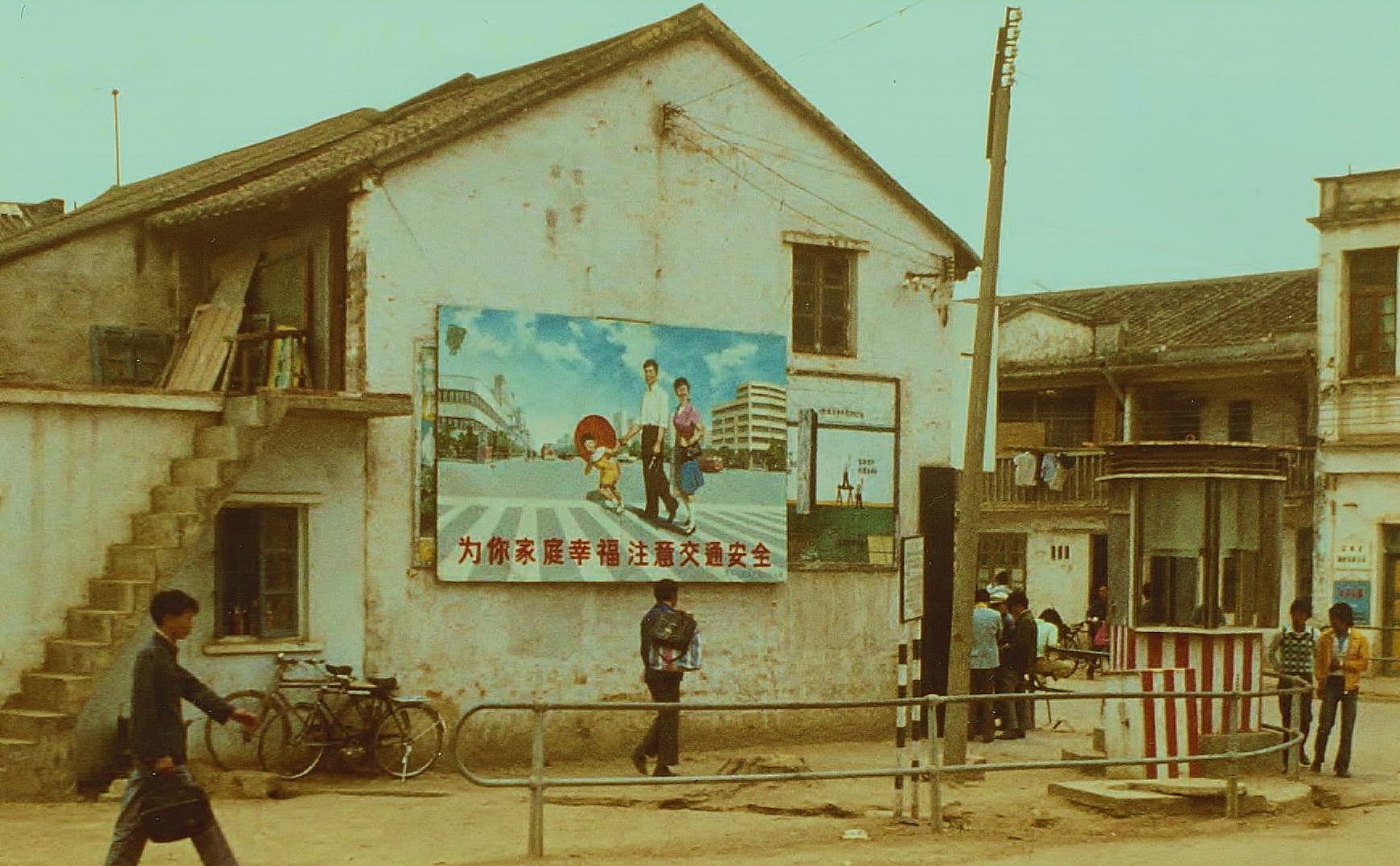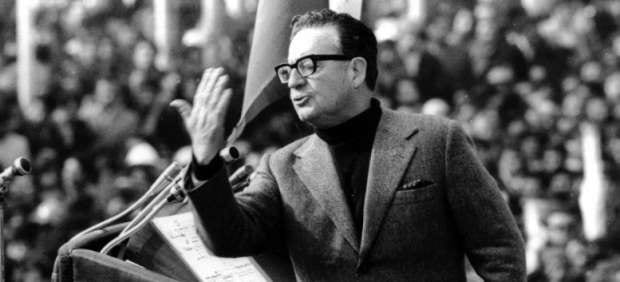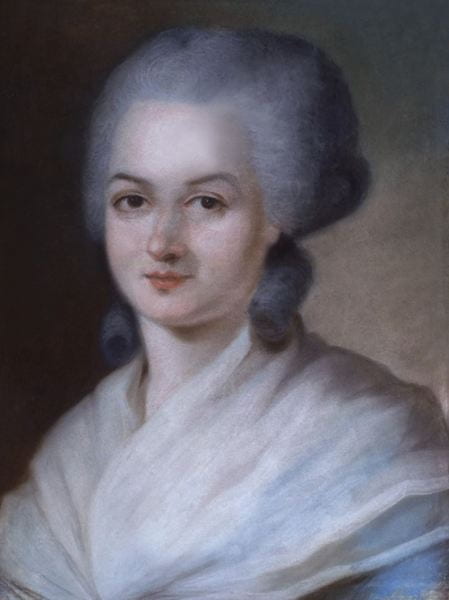
Announcing the 2019 Issue of Chariot Undergraduate History Journal
The History program is excited to announce the publication of the second issue of the annual undergraduate History journal, Chariot, a student-run initiative that was launched in 2018, as part of the revitalisation of History enabled by the Hansen Gift. We applaud our students’ energy and enthusiasm, and the hard work and creativity that they’ve put into producing this impressive collection of historical writing.
This year’s issue features a diverse set of articles by eight undergraduate historians. As observed by this year’s Editors, Rebecca McGrath and Lindsay Wong, the contents of the journal “show the increasing interest in Asian history and the history of sexuality from undergraduate students, and a continued interest in the many wars of the twentieth century”.
The issue can be accessed online here. Below, we summarise its contents.
First, Tori Waqanaceva-Simpson explores the history of one of the most ambitious and controversial population control experiments ever undertaken: China’s ‘one child’ policy, introduced in 1979 and in place in various forms until 2015. Tori places this in the context of the previous history of fertility rates and family planning policies in China, examines its implementation, and looks at its long-term consequences, with a particular focus on how the policy sharpened the divide between urban and rural populations in China.

Next, Ella Syme examines representations of Indigenous Australian women in late colonial Australia. She shows how they were portrayed as both objects of sexual fascination and sexually promiscuous beings, and how these constructions were used to control Indigenous women, to justify their exploitation, and to place the blame for sexual abuse and sexually transmitted disease onto the women themselves.
Benjamin Cronshaw discusses the Nixon administration’s intervention in Chile in 1970–1973. He examines the reasons for the intervention, the different forms it took, and its consequences. In particular, he looks at covert actions by the CIA aimed at supporting oppositional political forces in Chile, and places these in their Cold War geopolitical context. He draws upon various primary sources, including CIA cables and other declassified documents.

Rebecca McGrath takes us back to the time of the French Revolution and uncovers the story of marginalised groups – slaves, women, and the poor – who fought for their rights during this period. She looks at three key aspects of this struggle: protests, political clubs, and legislation. She argues that the historical evidence of these struggles gives the lie to claims that historians with an interest in this topic are simply reading contemporary issues back into the past. At the same time, she calls for a nuanced approach alive to the ways in which the understanding and definition of political and civic rights has changed over time.

Hilary Kwan examines the global significance of Mao Zedong’s 1949 proclamation of the People’s Republic of China. She shows how the proclamation not only brought about fundamental changes in the social structure of China, but also dramatically transformed China’s diplomatic, economic and cultural relations with other countries, including the superpowers, the US and the USSR.
Matthew Tomlinson explores the end of the Cold War. He looks in particular at lack of communication as a fundamental cause of tensions in the Cold War, especially due to the reliance on third-party channels and espionage. His account also places particular emphasis on the role played by individual leaders, and the improved communication which they fostered, in enabling a peaceful end to the confrontation.
Lindsay Wong investigates the reason for the economic success of Japan and the ‘Asian Tigers’ in the decades following the 1980s. She argues that the success of Japan and the tigers effectively demonstrate how economic growth can be achieved by a variety of policies, including a focus on heavy industries, foreign investment, exports and liberalisation.
Finally, Ella Syme looks at the construction of sexuality in early modern Europe. She argues that while binaries were ubiquitous during this period, they were also continually challenged by varied and diverse accounts of gender ambiguity. Drawing upon legal, social and medical discourses from 1500 to 1800, Ella explores early modern understandings of gender fluidity, with a special focus on responses to hermaphroditism.

The editorial team would like to thank all our contributors and subeditors for their hard work on this edition. We would also like to thank Carla Pascoe Leahy, our liaison with the History discipline, for helping us make this happen.
2019 Editorial Team
Editors: Rebecca McGrath and Lindsay Wong
Subeditors: Tori Waqanaceva-Simpson, Elizabeth Seychell, and Libby Wong
Design & Cover Artwork: Simran Kaur
A joint launch party for the 2019 and 2020 issues of Chariot will be held later in 2020.
Chariot invites student submissions on anything history related. They accept academic essays, film, TV, and book reviews, poetry, and history-related fictional work. The team of editors at Chariot are happy to work with students to get their work ready for publishing on the Chariot website and in Chariot’s 2020 digital publication. To send through work, please email the 2020 Editors, Tori and Lindsay. You can read more about the publication on Facebook and the website.
The History program at Melbourne also has a lively and welcoming undergraduate History Society. Both Chariot and the History Society offer many opportunities for students to socialise, and to develop a range of skills in publishing, editing, writing, leadership, events organisation, and more. Together they are doing a fantastic job at building a community for student historians at Melbourne, and SHAPS is proud to support them. You can read more about both Chariot and the UniMelb History Society on our Forum School Life page.